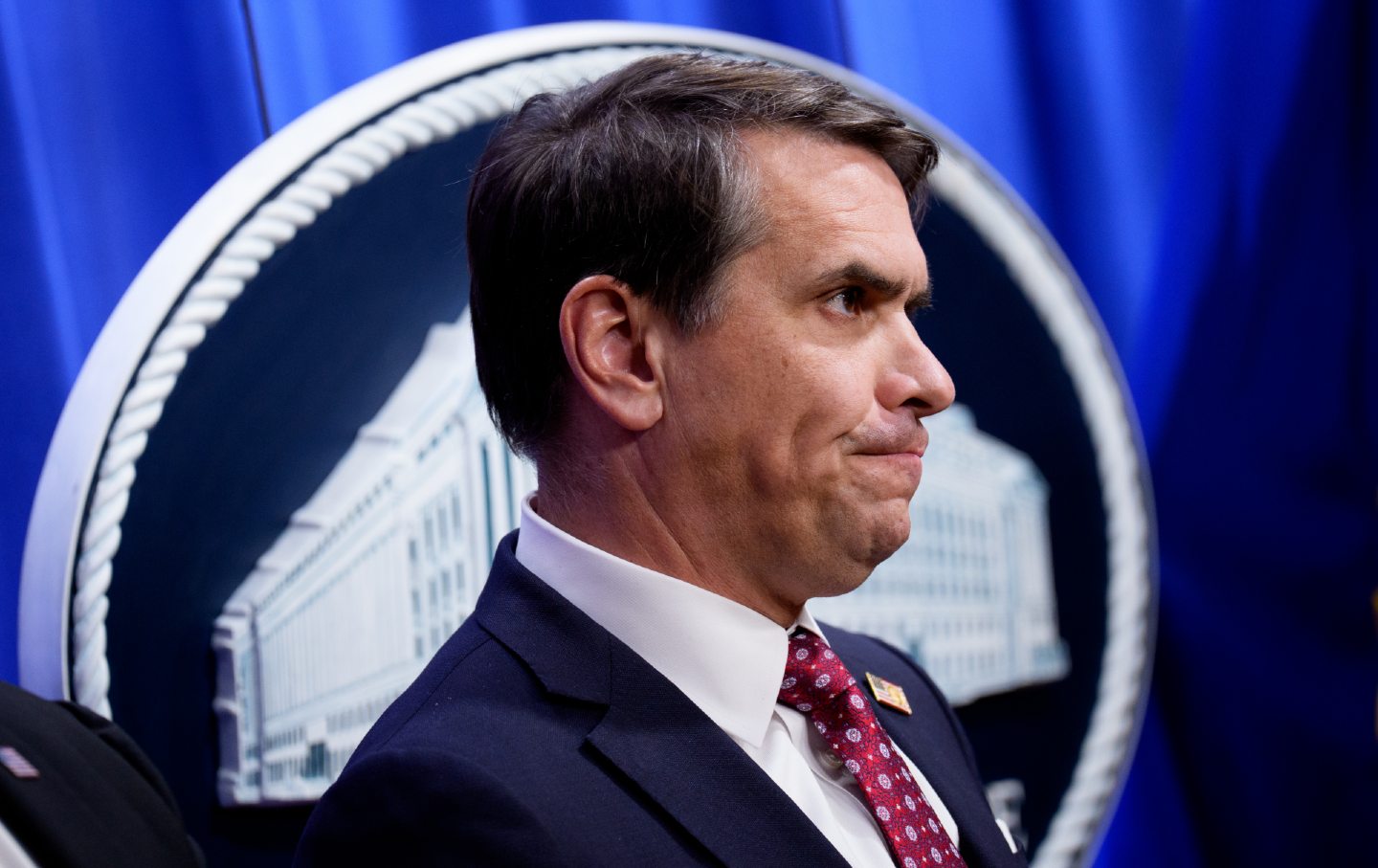Some Post-Election Reminders
We’re all still processing Harris’s defeat. Here are some points to keep in mind before the infighting gets too venomous.

The stunning victory of Donald Trump, with Republicans also capturing the House and Senate, triggered a fierce debate among Democrats even as the votes were still being counted. Given the scale of the defeat and the efforts to deflect blame, the debate will be particularly venomous. Here are some commonsense propositions to consider before the heat distorts the light.
Throwing the Bums Out: Trump’s victory saw him gaining a higher percentage of the vote across various parts of the population than in 2020, even as he remained personally unpopular.
Voters punished the incumbent party for the pain they experienced during the pandemic, including the economic shutdown and the inflation that accompanied the reopening. The Biden administration navigated the disruption better than most other governments did, and Trump will inherit an economy that the conservative Economist hails as “the envy of the world.” But large segments of the country continue to suffer as a result of the high costs of necessities—food, fuel, medicine, rent—as well as higher interest rates, which hiked the cost of anything bought on credit: cars, homes, washing machines. Two-thirds of voters thought the country was “on the wrong track.”
Throwing the bums out wasn’t limited to the United States; post-pandemic elections saw voters punish ruling parties in every developed country. Trump will end up with about the same number of votes he received in 2020, while Harris received several million fewer votes than Biden did in 2020. Even as voters were electing Trump, they were passing progressive referendums—protecting the right to abortion, raising the minimum wage, passing paid family leave and climate reforms. Similarly, a recent poll showed that with the politicians’ names erased, Harris’s economic agenda was far more popular than Trump’s. Democrats have no reason to defer to Trump’s agenda in the coming debates.
Not in Our Stars, but in Ourselves: Given the anti-incumbent anger and the deep sense that the country was on the wrong track, Harris was dealt a bad hand. Yet how she played—or misplayed—it provides grist for the debate about the future course of the party.
While Harris assembled a remarkably strong campaign on the fly, her team made two major strategic bets that went bad. The first was to assume that abortion was a defining issue that would drive voters to Harris’s cause. The second was to focus on the threat posed by Trump and to close by arraying a bizarre coalition against him featuring hawkish Republicans, CEOs and bankers, national security managers, and generals.
While Harris won the vast majority of those who consider abortion the most important issue, she ended up with a smaller margin of female voters than Biden got in 2020 or Hillary Clinton in 2016. Exit polls indicated that as many as half the voters who thought abortion should be legal in most cases still voted for Trump.
In an election where the vast majority of voters were looking for change, the anti-Trump coalition painted Harris as the champion of the bipartisan establishment that had failed them. Voters disapproved of Trump personally—but wanted change badly enough to elect him.
Too Woke or Too Embedded: Trump’s victory continued the consolidation of Republican support among the working class (non-college-educated voters). To build a governing majority, Democrats must capture a far larger share of this group.
Conservative Democrats immediately argued that the problem is that Democrats are “too woke.” The Trump campaign featured an ad showing a clip from 2016 of Harris defending trans operations for prison inmates. Some claim the country has moved to the right, and that Democrats turn off voters with terms like “Latinx” and calls to defund the police or address climate change. “The only way to defeat right-wing populism is through the center,” urges Matt Bennett, a cofounder of the Third Way.
This argument—which is likely to gain traction in the coming months—gets both the Harris campaign and the Democratic challenge wrong. Harris presented herself against Trump as the prosecutor versus the felon; she claimed the center, supporting harsh measures on immigration, embracing fracking, and rarely mentioning climate change. And her defense of current US policies on Ukraine and Israel allowed Trump to paint himself as the anti-war candidate. But her repositioning misfired: Democrats are the party of social liberalism. Retreat during the campaign season does more to demoralize progressive activists—particularly among the young—than to enlist social conservatives.
The far bigger challenge for Democrats is that the party’s leaders have for decades been the champions of the neoliberal global order that ended up failing most Americans. Rather than being too woke on social issues, Democrats are too compromised on economic ones.
Surely Bernie Sanders summed it up best: “It should come as no great surprise that a Democratic Party which has abandoned working-class people would find that the working class has abandoned them…. While the Democratic leadership defends the status quo, the American people are angry and want change. And they’re right.”
Democrats will win back working people not by cross-dressing as social conservatives but by forcefully arguing their case and challenging the corruption of entrenched interests, taking on Big Pharma and Big Oil, exposing the backroom deals and insider trading, and championing basic economic rights. This will become particularly important in the coming years under Trump as he turns the bureaucracy into a spoils system; slashes protections for consumers, workers, and the environment; and lards the rich and entrenched with subsidies and tax breaks. Big money represents a problem for Democrats, not a solution. Progressives need to find a way to sustain a populist voice—and to harness the energy and raise the cash required to compete while taking on the rich and powerful. This will come not from the center or the right wing of the Democratic Party but from progressive leaders and the organizing power of independent citizens’ movements.
Popular
“swipe left below to view more authors”Swipe →More from The Nation

Trump Official Says It Won’t Investigate the Killing of Renee Good Trump Official Says It Won’t Investigate the Killing of Renee Good
Deputy Attorney General Todd Blanche makes clear that the Department of Justice won’t look into the death of Renee Good—but that won’t stop Minnesota from investigating.

Martin Luther King Jr.’s Dream: Love Against Racism Martin Luther King Jr.’s Dream: Love Against Racism
As Dr. King reminded us, “Hate cannot drive out hate; only love can do that.” His words continue to call us toward justice, compassion, and the power of love to confront racism.

It’s Official: The People, Not the Politicians, Are Leading It’s Official: The People, Not the Politicians, Are Leading
In this week’s Elie V. US, our justice correspondent explores the fecklessness of the Democratic Party, MAGA racism, and fighting despite unwinnable odds.

The Week of Colonial Fever Dreams From a Sundowning Fascist The Week of Colonial Fever Dreams From a Sundowning Fascist
The news was a firehose of stories of authoritarian behavior. We can’t let ourselves drown.

Self-Appointed King of Venezuela Self-Appointed King of Venezuela
The United States attacks Venezuela and captures President Maduro. Trump claims that the US will “run” the country for oil interests.



